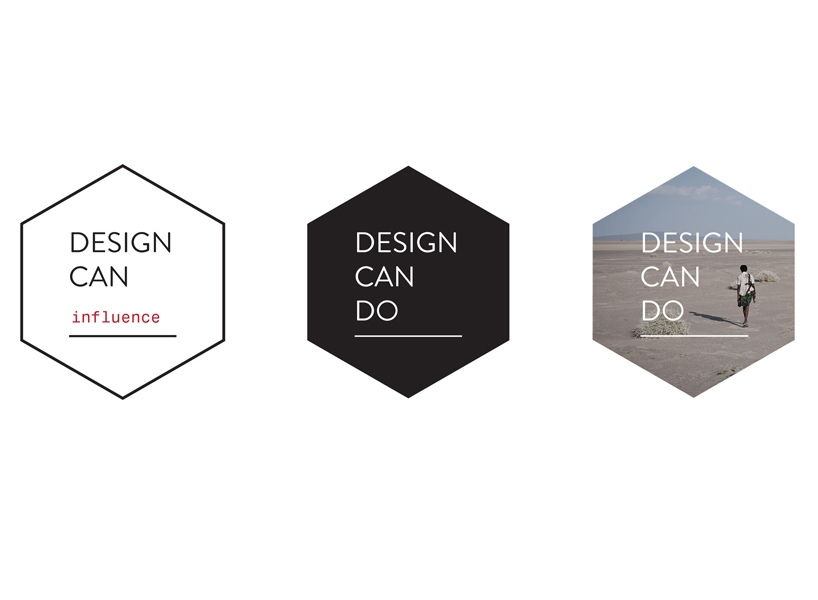
design can do by Jiwon Park from usa
designer's own words:
Design Can Do (DCD) provides a workshop platform and a design method through which a group of multidisciplinary professionals can create social impact. The participants of each DCD workshop, comprised of local professionals of varied disciplines, experience a collaborative hackathon style design process over a single weekend, to create social change.
Problem solving is useful when there is a defined problem to be solved, but what about when the problems are undefined and complex? Solving such wicked problems are not easy with a conventional linear thinking process. Often, by the time you come up with a well resolved answer, the initial problem has already changed or shifted. Hence, a design methodology of thinking through doing is better suited for tackling complex, systemic social issues as it looks for opportunities rather than for shortsighted answers; yielding a process that allows for a quicker materialization of ideas.
Recently ‘design thinking’ has become a hot topic, seen popping up in trendy business magazines and discussed in academic institutions around the world. However, first hand experience with design thinking within the academic or business consulting sector comes at a high cost. Outside of these segments, design thinking is still foreign concept, especially in the public sector, perhaps where it is needed most.
Our goal was to make such knowledge accessible and readily available to anyone who was interested in making positive social impact using a design driven approach.
Design Can Do is a workshop platform designed to deliver practical solutions suited to regional environments that leave a strong legacy for those involved to not only carry on developing their outcomes all the way to implementation but also to adopt this method of design thinking into their lives and to spread it further, ultimately making DCD workshops a creative tool used for social change.
A unique offering of a DCD workshop is that to each participant is given a DCD toolkit and a manual. The toolkit includes stationary as well as two sets inspiration and lateral thinking cards that facilitate creative problem solving throughout the fast paced workshop. The DCD workshop manual contains comprehensive information on how DCD was initiated, the methodologies used in the workshop and the ‘how-to’s for each phase of the workshop to not only guide the participants at times during the workshop but also for each of them to use as a reference when they want to adopt such a way of thinking in their own practice. This complimentary toolkit and manual are specifically designed with a strong brand sensitivity to help form a community of ‘Design Can Do’ers.
There are several key factors that were designed specifically to leave a strong legacy and a sense of ownership in the people who take part so that they can carry on developing their outcomes of the workshop to make it a reality, and to enable them to become initiators to such social change. First, in order to attract voluntary participation of professionals, we made sure that each event is held on a weekend to make it easy to take part in; and second, the subject that was dealt in the workshops are something that is very much a ‘local’ issue.
The Design Can Do project, as a series of workshops, is a work in progress. In 2012, DCD held its pilot workshop in Seoul, Korea in August and then launched its official first workshop in Cape Town South Africa.
Each DCD workshop started with a local partner at a specific location. For the pilot workshop, Seoul Design Foundation approached us and our location was ‘Seoul’ by default, and they had a few briefs that were crowd sourced by the citizens of Seoul. On the other hand, for our workshop in South Africa we found an interested partner who had strong connections with Cape Town and we refined a brief together with them.
A DCD workshop lasts 36 hours over a weekend, kicking off on Friday 6pm for the first 6 hours then for 30 hours going from Saturday morning at 9am to 3pm on Sunday. We had to contain the workshop within the weekend, so that it didn’t get in the way of work for participants, but at the same time we had to make sure that there was enough time to go through a design thinking process and development; enough so that the final outcomes where not just a series of discussions, but became visible, physical ideas. As a result, the DCD workshops ended up having a rather unusual and intense timetabling of 6 + 30 hours.
The workshops are joined by 36 participants: 6 “Catalysts” and 30 “Maximizers.” Catalysts who are briefed in detail prior to the start of the workshop, take on the role of leaders of a group at times, or act as facilitators for shorter sessions. The Maximizers are the brains of each workshop and they were carefully selected from a list of applicants to allow professionals from various disciplines to work together.
A DCD workshop program has 6 phases: Initiate, Inspire, Distill, Ideate, Develop and Disseminate. In the first 6 hours of the workshop the participants form groups of 6 (1 Catalyst and 5 Maximizers) to initiate the workshop, with a quick icebreaking exercise, a mini-Pechakucha and dives straight into getting inspired. The Inspire phase may involve doing some quick design research, or discussing what they already know about the subject area or doing a quick site visit of the relevant area. On Saturday morning the participants get reshuffled into new groups of 6 to cross-pollinate the inspiration from the night before and start the Distill Phase, which is all about distilling the right kind of questions that will spark off new ideas easily, from the inspiration that’s been gathered. Starting from these questions the groups will go into brainstorming numerous ideas in a structured manner, then to map it to identify a strong idea suitable for development. The group then goes into a long period of development of each idea to present it to a panel of judges for dissemination at the end of the workshop. At the end of each workshop we held a seminar on the following Monday of the weekend to share the outcomes to the public and to gather more interest in further development.
A DCD workshop achieves its goal of becoming an experience that would showcase design thinking as a means for social change in two ways:
First, Each workshop has its own, unique brief, tackling local social issues that have been chosen in deliberation with the local partners of the event. Within the 36 hours of each workshop, 6 applicable ideas are born at the start of their development, ready to make a change. DCD’s role is to expose the participants to a fast paced design thinking process to get to this stage and to build the bridges with local government and stakeholders, in addition to the local partners for the event so that the participants can tap into this resource, if they wish to continue developing their ideas further.
Second, DCD workshop as a series, is about knowledge sharing, and to spread a new way of thinking and a new process that can be adapted for problem solving. To quote a Maximizer from the Cape Town workshop, “This whole process has changed every individual that has been a part of this workshop. It's definitely changed the way that I think, about the fringe, it’s definitely change the way I think about how I live my life, and how i go to work everyday, and the space that I work in.”
For more information, please visit www.designcando.org
Video can be view at :
https://vimeo.com/53859478
https://vimeo.com/59877243
Design Can Do main logo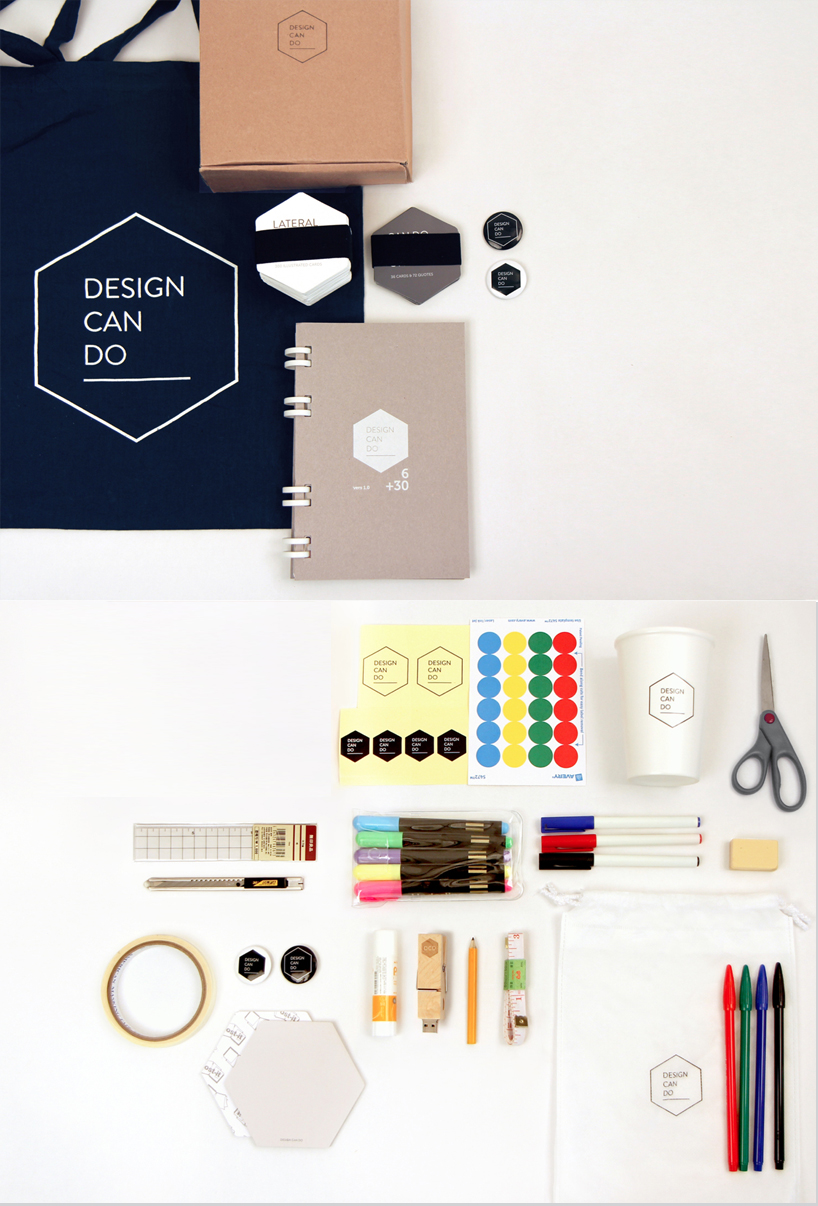 DCD Toolkit: Full Set[jwplayer config=”mplayer” width=”818px” height=”600px” file=”https://static.designboom.com/wp-content/compsub/371013/2013-03-01/video_1_1362114592_7c7a7022c9d24bec0a95c89c1e7f25fe.mp4″ html5_file=”https://static.designboom.com/wp-content/compsub/371013/2013-03-01/video_1_1362114592_7c7a7022c9d24bec0a95c89c1e7f25fe.mp4″ download_file=”https://static.designboom.com/wp-content/compsub/371013/2013-03-01/video_1_1362114592_7c7a7022c9d24bec0a95c89c1e7f25fe.mp4″]video
DCD Toolkit: Full Set[jwplayer config=”mplayer” width=”818px” height=”600px” file=”https://static.designboom.com/wp-content/compsub/371013/2013-03-01/video_1_1362114592_7c7a7022c9d24bec0a95c89c1e7f25fe.mp4″ html5_file=”https://static.designboom.com/wp-content/compsub/371013/2013-03-01/video_1_1362114592_7c7a7022c9d24bec0a95c89c1e7f25fe.mp4″ download_file=”https://static.designboom.com/wp-content/compsub/371013/2013-03-01/video_1_1362114592_7c7a7022c9d24bec0a95c89c1e7f25fe.mp4″]video
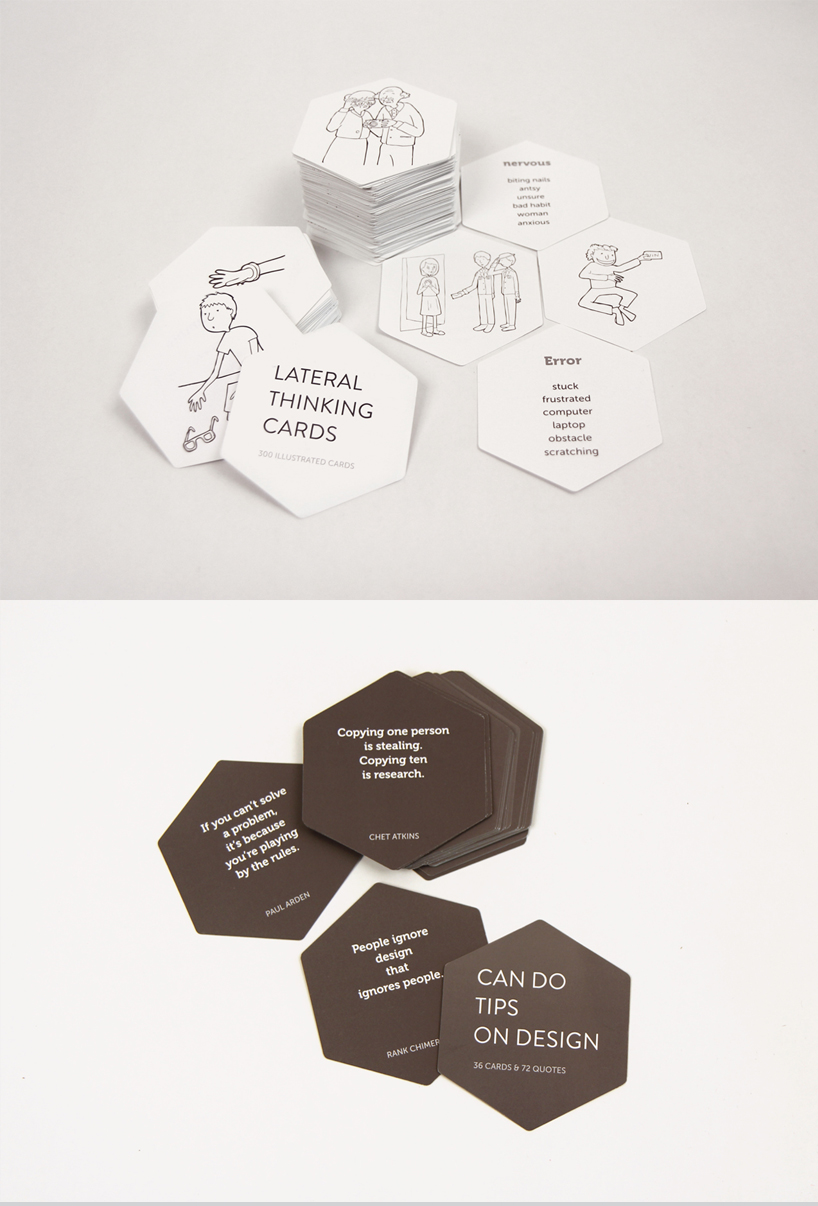 DCD Toolkit: Cards
DCD Toolkit: Cards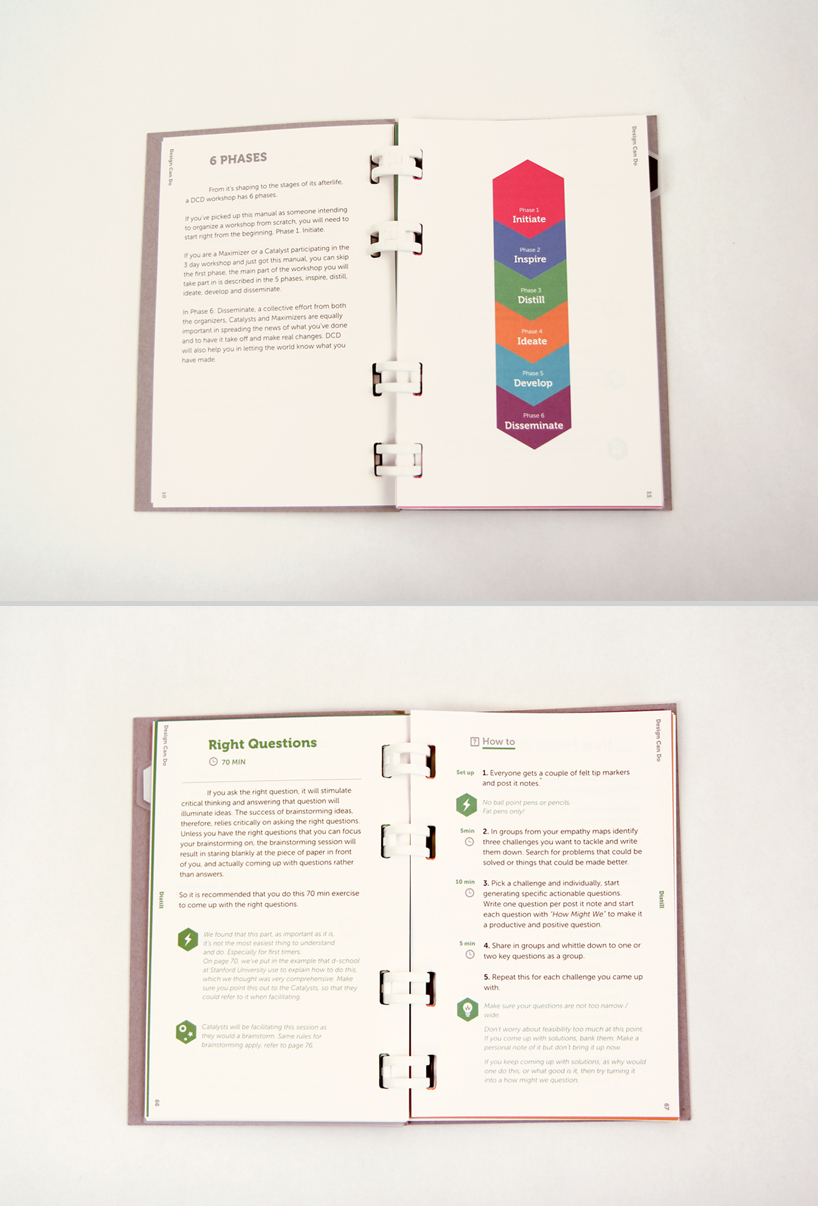 DCD Manual
DCD Manual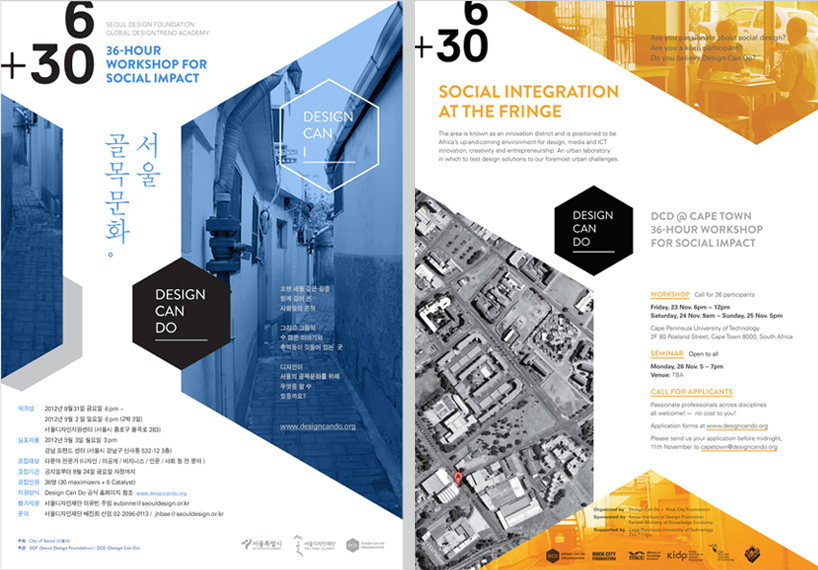 DCD Workshop Posters[jwplayer config=”mplayer” width=”818px” height=”600px” file=”https://static.designboom.com/wp-content/compsub/371013/2013-03-01/video_2_1362114592_33918ff1ab64b40c9a825f8df82f0fef.mp4″ html5_file=”https://static.designboom.com/wp-content/compsub/371013/2013-03-01/video_2_1362114592_33918ff1ab64b40c9a825f8df82f0fef.mp4″ download_file=”https://static.designboom.com/wp-content/compsub/371013/2013-03-01/video_2_1362114592_33918ff1ab64b40c9a825f8df82f0fef.mp4″]video
DCD Workshop Posters[jwplayer config=”mplayer” width=”818px” height=”600px” file=”https://static.designboom.com/wp-content/compsub/371013/2013-03-01/video_2_1362114592_33918ff1ab64b40c9a825f8df82f0fef.mp4″ html5_file=”https://static.designboom.com/wp-content/compsub/371013/2013-03-01/video_2_1362114592_33918ff1ab64b40c9a825f8df82f0fef.mp4″ download_file=”https://static.designboom.com/wp-content/compsub/371013/2013-03-01/video_2_1362114592_33918ff1ab64b40c9a825f8df82f0fef.mp4″]video
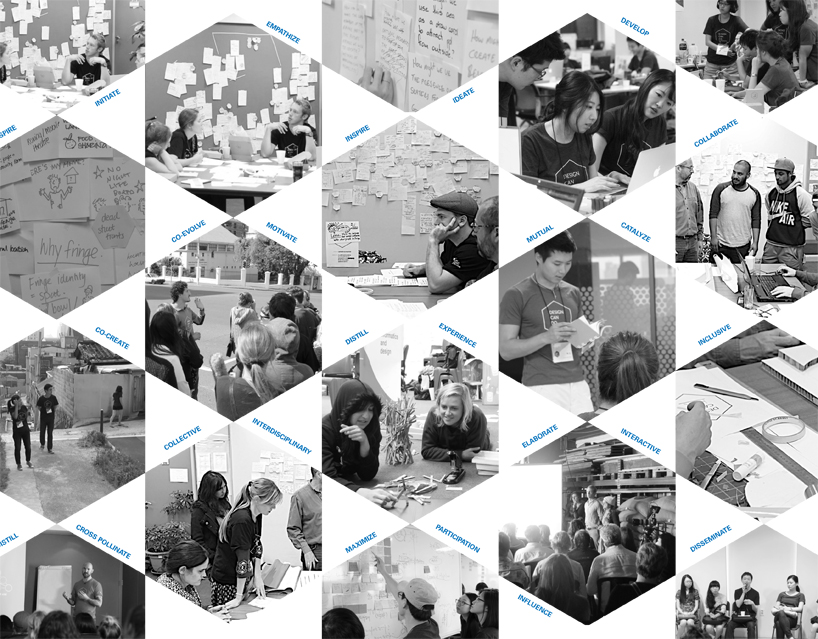 DCD Workshop photos
DCD Workshop photos